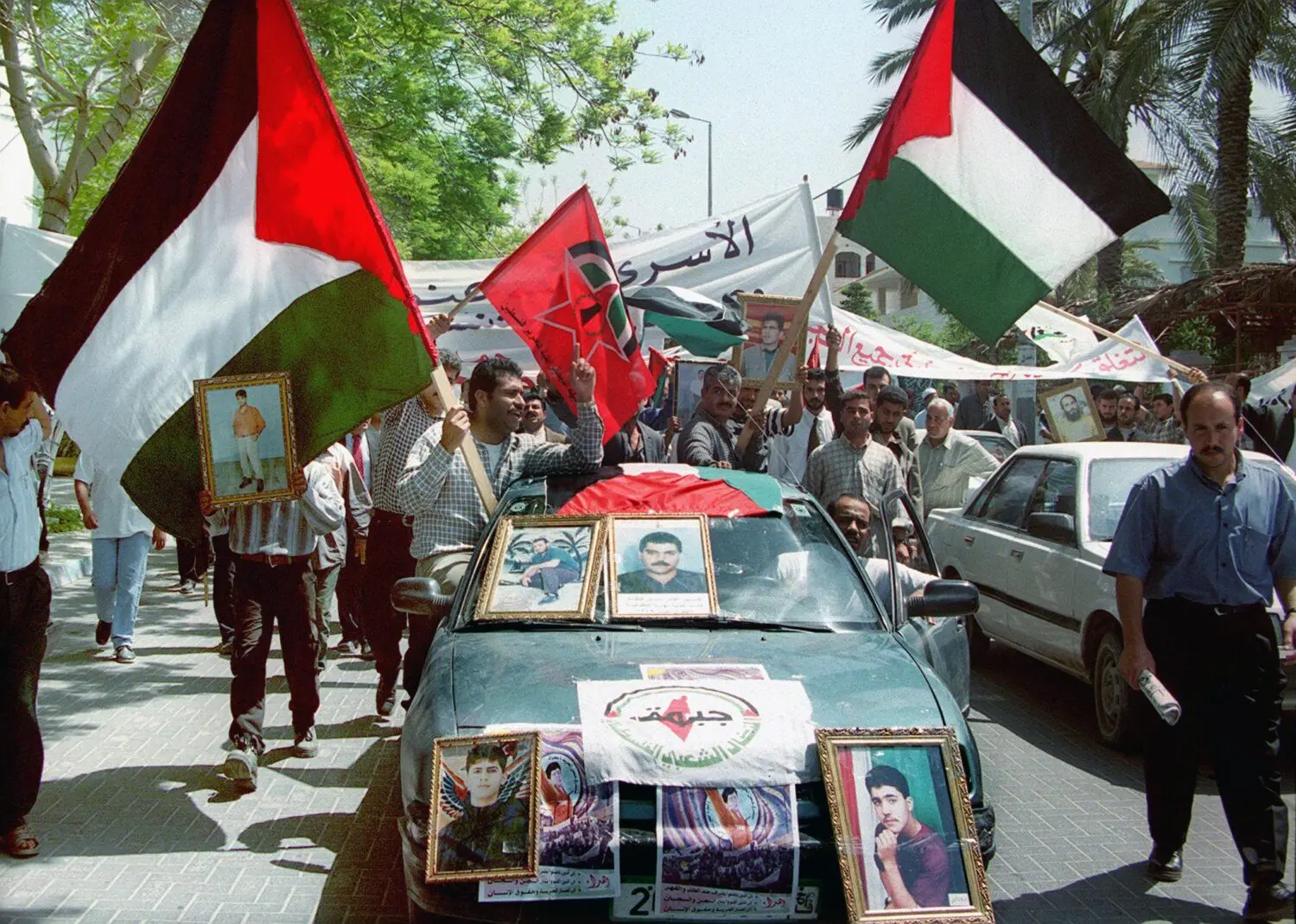
In the midst of the Arab Spring protests, Israel witnessed its own uprising as widely supported protests were held in cities throughout the country. Rather than anti-government protests, social activists, claiming to be non-political, rose against social inequality in Israel. Although a number of Palestinian organizations pledged support to the protests and both Jewish Israelis and Palestinian Israelis participated, activists ignored the economic dimension of Israel’s occupation of the Occupied Palestinian Territories (OPT) in order to circumvent political discussions and division.
It is estimated that between 1970 and 2008, Israel spent about USD 100 billion in the OPT, mainly on the construction of Jewish settlements and the required infrastructure. According to figures of Israel’s Ministry of Finance, in 2011 military expenditures accounted for one fifth of the total budget. According to the Stockholm International Peace Research Institute (SIPRI), in 2010 military expenditure in Israel had increased with 6.5 percent. These high costs affected spending on education, health care, and social housing. Many Israelis are unaware of these costs, partly because allocations to Jewish settlements are not specified in state budgets.
As a result of military spending and settlement construction, Israeli citizens – Jews as well as Palestinians – are left behind. According to the report The State of Human Rights in Israel and the OPT 2011 by the Association for Civil Rights in Israel (ACRI), 39 percent of the Israelis stated that their income level is insufficient to cover basic expenses. Israel’s level of inequality is the highest among developed countries. The middle class has been facing soaring housing prices, escalating educational costs and rising costs for medical services, while wages have eroded. Housing prices are beyond the reach of large segments of the Israeli population and there is a lack of social housing. Privatization of state-owned companies and services, cuts in government housing assistance and funding of the health care system, and a sobering of unemployment benefits have led not only to a steep rise in living costs, but also to resentment towards the wealthy elite, who are blamed for corrupting politicians. The Israeli market is dominated by a minority of families and individuals, who control a disproportionate amount of wealth.
This has led to protests by a broad segment of Israeli society, including the middle class, low-income Israelis, Israeli Palestinians, migrant workers and African refugees, against the rising cost of living. The demonstrators’ demands included affordable housing, free education, better public transport and cheaper child care. They also called for the halt of privatization of state-owned companies.
In March 2012, the Israeli government approved some of the recommendations put forward by the Trajtenberg Committee, which was set up by Prime Minister Netanyahu and is named after Manuel Trajtenberg, the chairman of the Higher Education Planning and Budget Committee. The Committee recommended cutting the military budget and redirecting the budget toward socio-economic reform. Although measures were taken to solve the country’s housing shortage, the government nevertheless announced it will boost defence spending by 6 percent in 2012. Social protests accordingly re-erupted in the spring of 2012.


